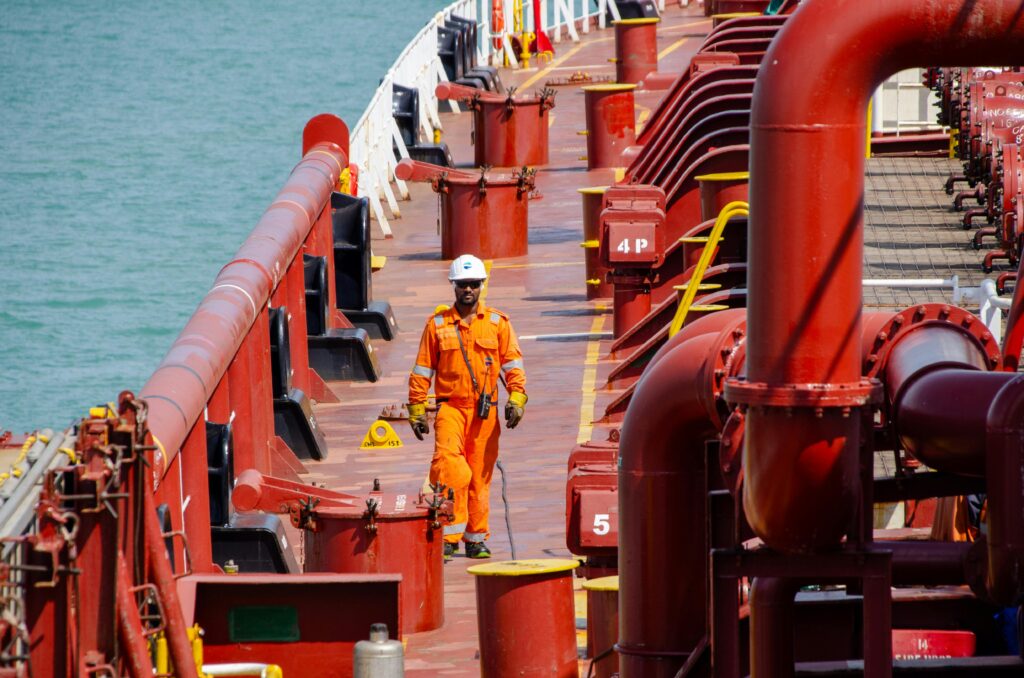Why Preventive Maintenance Matters
The maritime industry faces unique challenges, from managing high operational costs to meeting stringent environmental regulations and ensuring vessel reliability. Preventive maintenance plays a critical role in helping shipowners, operators, and managers tackle these challenges effectively.
According to Lloyd’s Register, unexpected downtime costs the global shipping industry billions each year, with maintenance-related failures being a significant contributor. By adopting preventive maintenance strategies, maritime operators can minimize risks, reduce costs, and improve operational efficiency.
Key Benefits of Preventive Maintenance in Maritime Operations
1. Minimize Unscheduled Downtime
Unplanned equipment failures can lead to costly delays, customer dissatisfaction, and operational disruptions. Preventive maintenance helps:
- Detect and address potential issues early.
- Schedule maintenance during non-operational periods to avoid interruptions.
A report by the International Association of Classification Societies (IACS) reveals that proactive maintenance reduces unplanned downtime by 10–15%, ensuring vessels operate reliably and on schedule.
2. Reduce Maintenance and Repair Costs
Emergency repairs are expensive, often involving expedited services and last-minute procurement. Preventive maintenance:
- Optimizes spare parts inventory to prevent overstocking or shortages.
- Lowers repair costs by avoiding extensive overhauls.
The International Maritime Organization (IMO) highlights that planned maintenance systems (PMS) can reduce maintenance costs by 10–20%, benefiting both budgets and operational efficiency.
3. Boost Asset Reliability and Longevity
Reliability is critical to maritime operations, where equipment failures can compromise safety and disrupt schedules. Preventive maintenance enhances:
- Mean Time Between Failures (MTBF) by ensuring equipment functions efficiently.
- Asset lifespan, reducing the need for premature replacements.
Research from Maritime Safety Authority shows that preventive maintenance programs improve asset reliability by 5–15%, significantly reducing equipment failures.
Compliance and Sustainability Through Preventive Maintenance
Meeting Regulatory Standards
Maritime operations are governed by strict regulations, including SOLAS, ISM Code, and MARPOL. Preventive maintenance ensures compliance by:
- Keeping certifications, inspection logs, and maintenance records up to date.
- Meeting safety and environmental standards required for audits and inspections.
According to DNV, vessels with robust maintenance systems reduce audit preparation time by up to 50%, streamlining compliance processes and avoiding penalties.
Supporting Sustainability Goals
The pressure to reduce environmental impact is growing, and preventive maintenance contributes by:
- Enhancing fuel efficiency through well-maintained engines.
- Reducing emissions and preventing pollution from equipment failures.
The World Shipping Council estimates that maintaining engines and systems can save up to $30,000 in annual fuel costs per vessel, significantly cutting carbon footprints and operational expenses.
Best Practices for Effective Preventive Maintenance
To maximize the benefits of preventive maintenance, maritime operators should adopt these best practices:
- Leverage Technology: Use IoT sensors and predictive analytics to monitor equipment performance in real time.
- Prioritize Training: Train crew members to recognize early signs of wear and execute maintenance tasks effectively.
- Maintain Accurate Inventory Records: Optimize spare parts availability to avoid delays and reduce costs.
- Collaborate with Industry Subject Matter Experts: Align maintenance strategies with leading authorities including classification societies, and product innovators such as SpecTec.
The Future of Preventive Maintenance in Maritime Operations
Preventive maintenance is no longer optional in today’s maritime industry – it’s a necessity. By proactively maintaining vessels, operators can reduce costs, extend asset lifespan, and ensure compliance with international standards.
Ready to elevate your fleet operations? Contact us today for a demo!
Book A Demo



